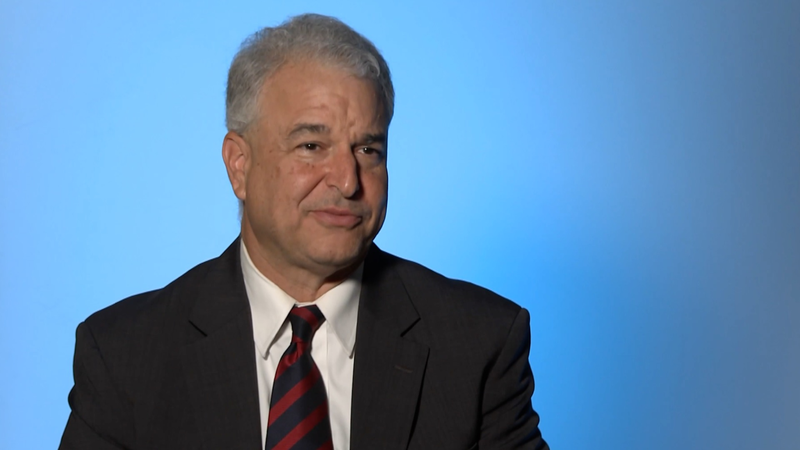Recent discussions around Donald Trump's "reciprocal tariffs" policy have sparked debates over its potential impact on the U.S. economy. David Firestein, president and CEO of the George H. W. Bush Foundation for U.S.-China Relations, warned that these measures could trigger inflation, lead to job losses, weaken the U.S. dollar, and even steer the economy toward a recession.
While some argue that a reciprocal approach to tariffs may help balance trade dynamics, experts like Firestein caution that the economic risks could outweigh any potential benefits. Business leaders, tech enthusiasts, and young global citizens alike are closely monitoring the data-driven insights that underscore these concerns.
Policy shifts such as this stir discussions among economists and decision-makers around the world, as they examine key indicators like inflation and employment rates. The ripple effects of these measures could extend beyond U.S. borders, influencing international trade and economic stability.
As the debate continues, keeping a close eye on expert opinions and evolving economic trends will be crucial in understanding how these tariff policies might reshape the future landscape of both national and global markets.
Reference(s):
Expert: Trump's 'reciprocal tariffs' could destabilize U.S. economy
cgtn.com




